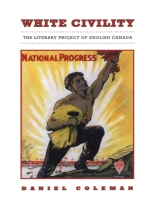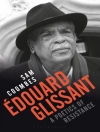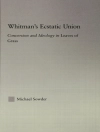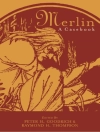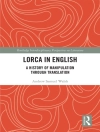In White Civility Daniel Coleman breaks the long silence in Canadian literary and cultural studies around Canadian whiteness and examines its roots as a literary project of early colonials and nation-builders. He argues that a specific form of whiteness emerged in Canada that was heavily influenced by Britishness. Examining four allegorical figures that recur in a wide range of Canadian writings between 1820 and 1950 — the Loyalist fratricide, the enterprising Scottish orphan, the muscular Christian, and the maturing colonial son — Coleman outlines a genealogy of Canadian whiteness that remains powerfully influential in Canadian thinking to this day.
Blending traditional literary analysis with the approaches of cultural studies and critical race theory, White Civility examines canonical literary texts, popular journalism, and mass market bestsellers to trace widespread ideas about Canadian citizenship during the optimistic nation-building years as well as during the years of disillusionment that followed the First World War and the Great Depression. Tracing the consistent project of white civility in Canadian letters, Coleman calls for resistance to this project by transforming whiteness into wry civility, unearthing rather than disavowing the history of racism in Canadian literary culture.
